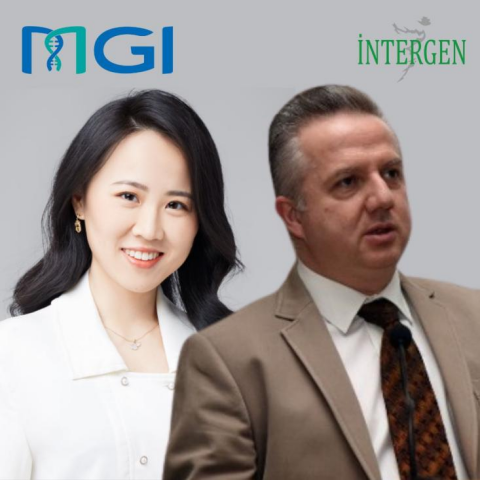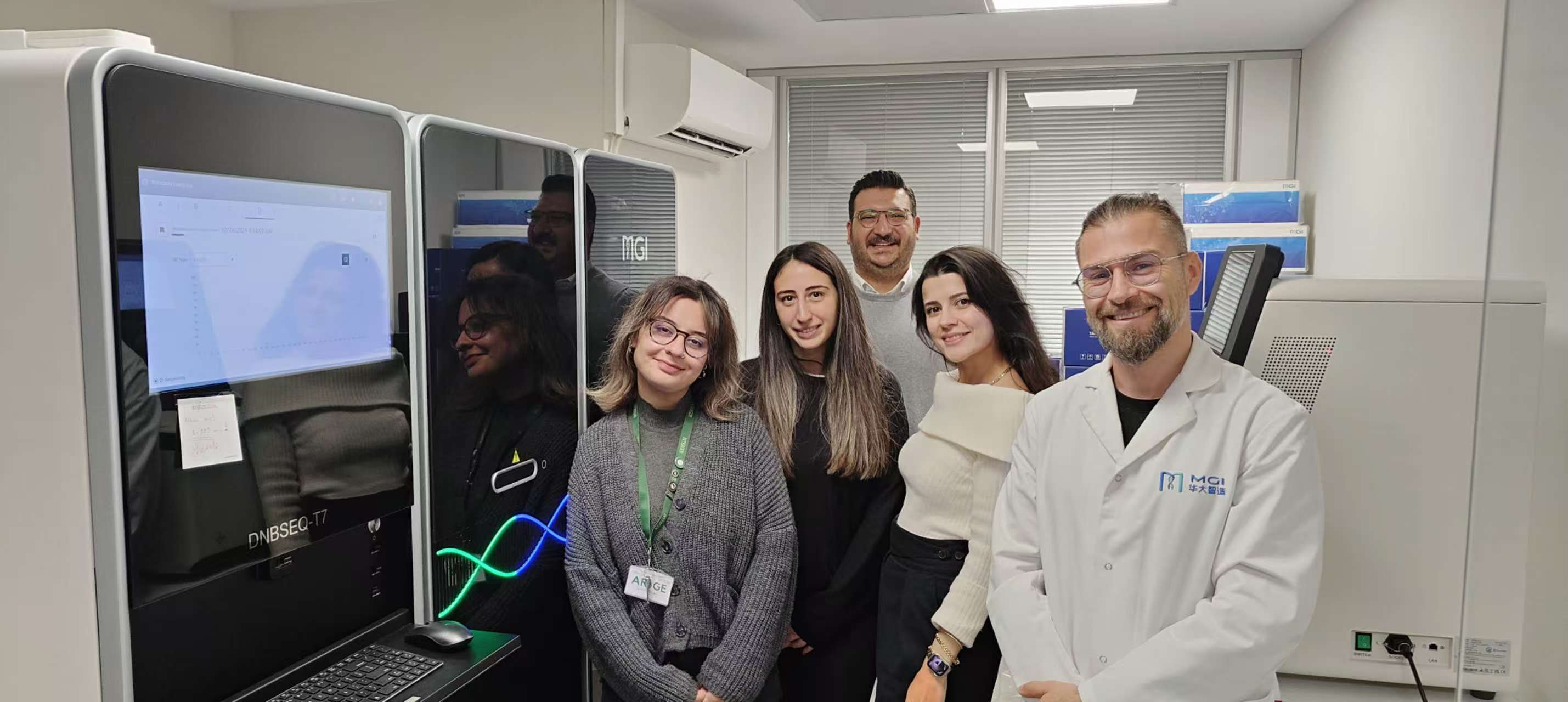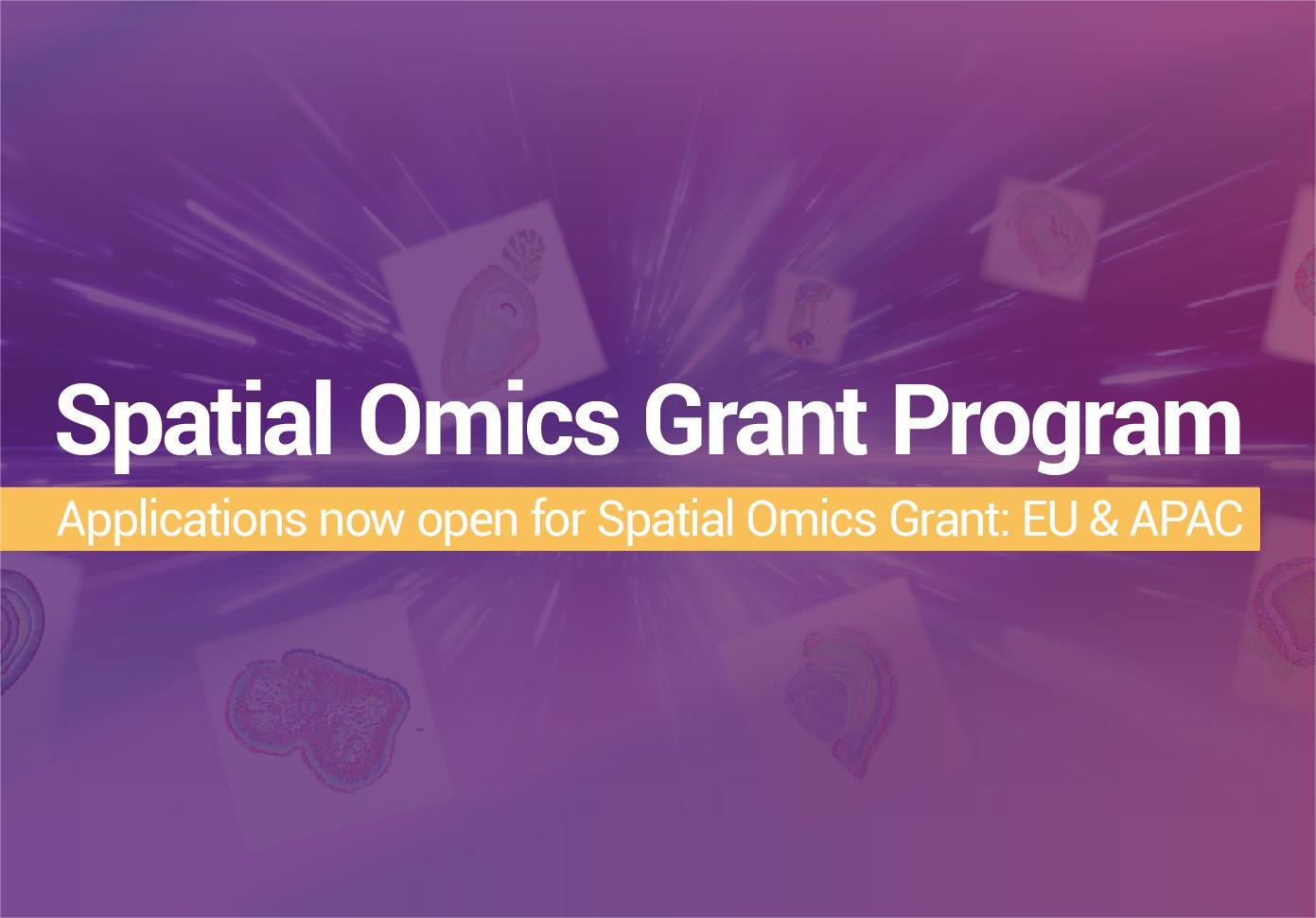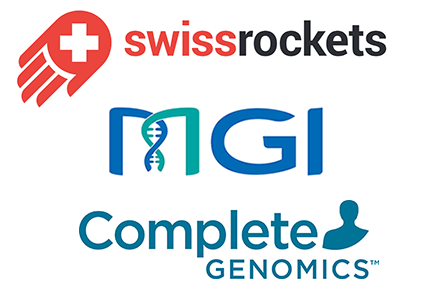Set against the backdrop of human migration and population admixture, Turkey is known for a genetically diverse population at the crossroads of Europe and Asia. Today, with close to 41 genetic centers spread across its 81 cities, the country has been rapidly emerging as a critical hub for medical genomics.
At the center of this stands Prof. Serdar Ceylaner, leading medical geneticist and founder of the Intergen Center for Genetics and Rare Diseases Diagnosis, whose work in rare and undiagnosed diseases has not only been steering significant advancements in the understanding of these conditions, but also opening doors to personalized care and improved patient quality of life.

Turkey’s complex genetic challenges
Although backed by growing expertise and resources, Turkey’s genetic testing ecosystem comes with its distinct challenges. As a regional genomics hub, it has been attracting patients from neighboring countries seeking specialized care and testing, requiring nuanced diagnostic approaches. At the same time, its relatively high consanguinity rates — marriages and childbearing among biologically related individuals — affect the prevalence of rare diseases and often result in complex, dual diagnoses.
According to Prof. Ceylaner, in a random screening of consanguineous parents, recessive disorders were found in 34% of cases, with 8.4% involving multiple recessive disorders simultaneously — sometimes up to 10 different diagnoses, especially in inbred populations, resulting in complex clinical presentations. “For example, I evaluated a patient with skeletal dysplasia whose skeletal features did not resemble any single known disorder,” he recounted. “Instead, there were two kinds of recessive skeletal conditions at the same time mimicking several other disorders.”
Given these challenges, whole exome sequencing (WES) and whole genome sequencing (WGS) are utilized more extensively in Turkey than in many other countries. For some of the most medically complex patients, WGS provides a comprehensive view that can reveal genetic causes undetectable by earlier methods. This level of precision has reshaped clinical care by preventing side effects due to complex treatment decisions, shortening diagnostic odysseys that previously spanned years or even decades, and enabling more targeted interventions.
“In Turkey where multiple overlapping disorders often occur in the same patient, and even globally, as autoimmune diseases, immunodeficiencies, and pharmacogenetic factors complicate care, studies have suggested that comprehensive genetic assessments like WES and WGS can improve quality of life in patients and reduce healthcare costs.”

T7 at Intergen
Finding answers with cutting-edge sequencing
Guided by this approach in their daily clinical practice, Prof. Ceylander and his team at the Intergen Center leverage MGI’s DNBSEQ-T7 ultra-high-throughput sequencer — having upgraded from the DNBSEQ-G400 platform — to deliver rapid WES and WGS to patients. Boasting high speed and cost efficiency, the T7 aligns remarkably well with the urgent needs in neonatology and intensive care units where time-sensitive diagnosis can be lifesaving.
Cutting-edge sequencing is enabling physicians to tailor therapies for critically ill newborns with complex symptoms, avoid unnecessary interventions, and equip families with critical information. “With the T7, we are able to deliver results faster and at a greater scale. It can process four chips simultaneously, which means that when we are doing whole exome testing in one system, we are also be able to run whole genome testing and oncology panels in the other,” remarked Prof. Ceylaner.
By integrating the DNBESEQ-T7 into its clinical workflows, the Intergen Center offers comprehensive genetic analysis that maps both common and rare variants contributing to complex medical presentations, while knitting together research and clinical care for continuous progress in rare disease diagnosis and management in Turkey.
“Many disorders can mimic one another, and without a clear diagnosis, complications stemming from missed or inaccurate identification of underlying causes will arise,” he said. “Early and accurate diagnosis is a highly cost-effective strategy compared to chronic disease follow-up studies based solely on clinical evaluations, which often lack tools for differential diagnosis. This is particularly helpful for Turkey’s public hospitals, where outpatient clinics are overwhelmed and the need to establish a prompt, precise diagnosis is ever more essential.”
As genomics technology advances and becomes more accessible, Prof. Ceylaner and his team continue to devote themselves to harnessing its power to unravel the complexities of rare and undiagnosed diseases — shedding light on the unknown, granting clarity to families, and transforming the care of patients who have long awaited answers.
Click and listen to the podcast at DNA Today for more discussion.



 Sequencer Products: SEQ ALL
Sequencer Products: SEQ ALL















 Technologies
Technologies Applications
Applications Online Resources
Online Resources Data Bulletins
Data Bulletins Service & Support
Service & Support Global Programs
Global Programs Introduction
Introduction Newsroom
Newsroom Doing Business With Us
Doing Business With Us Creative Club
Creative Club













